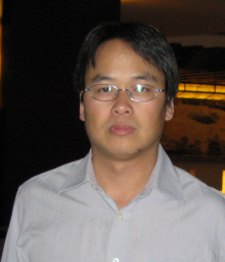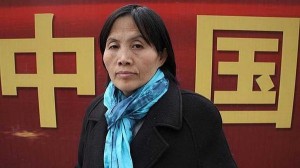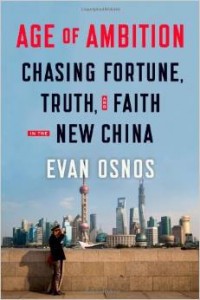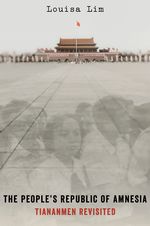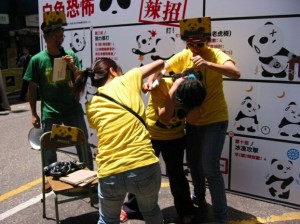The Political Elite and Social Movement
By Wen Kejian, published: May 12, 2014
“[D]emocratic transition….is a cause that will bring a huge return to society and is worth all the wisdom and energy political elites can give.”
WEN KEJIAN (温克坚)
Among the people in China who support and advocate freedom and democracy, the idea that the success of democratic change hinges on the quality of the populace has lost favor, ostensibly anyway, as a result of years of battling ideas. But its more refined variations can still be found every now and then. For example, in particular incidents, the public has been criticized for lacking a sense of justice, or accused of inaction. So I will start this essay by paraphrasing Max Weber: the backwardness of a country is the backwardness of its elite, and the sign of its elite’s backwardness is that they always lay the blame on the quality of the populace.”
Getting rid of the idea of a high quality populace doesn’t mean that there isn’t a difference between the role the elite plays and the role the populace plays. The primary difference is that the populace is apathetic to political matters for the most part and seldom becomes involved, while the political elite is a group of people for whom politics is a main interest, even profession. Any individual who takes political affairs seriously can become a political elite, and a sense of role play is crucial in social movements and in a political transition.
Without a proper sense of role play, the political elites will not be taking up political responsibility willingly and they will lose the courage to change the existing political system, resulting in the continuing survival of a political system that is hostile to freedom and tramples human rights. As Mr. Zhang Xuezhong (张雪忠) once said, “Ever since the beginning of the 20th century, many Chinese liberals have been propagating the ideas of liberty but at the same time they have either shunned political involvement out of fear or proclaimed that they are above and beyond politics out of scrupulousness. But they should have asked themselves, placing their hands on their hearts: if even those who understand freedom and believe in it the most are unwilling to take action to turn it into a political reality, who else can they expect to do so? If freedom lovers are always opting to stay away from politics, then the only thing they receive and deserve is to be ruled by freedom haters.”

